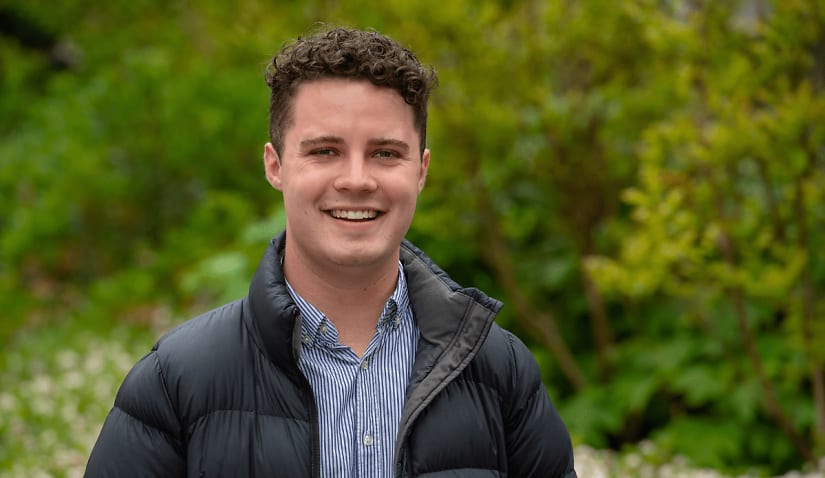While the goodwill of the legal profession supported one aspiring lawyer’s journey from public housing to university, he said there is still more to be done to help others from disadvantaged backgrounds get their foot in the door.

Having grown up in public housing in Tasmania, juris doctor student with the University of Melbourne, Lachlan Hinds, said he was faced with a number of challenges to secure his education – not least the financial burden and the demands that came with it.
Mr Hinds acknowledged there are organisations and professionals who are “eager to support, mentor and provide opportunities”, but many people from disadvantaged backgrounds “do not even make it to the door in the first place, let alone through it”.
“The scales are often so skewed for people from disadvantaged backgrounds that their choices are made by their circumstances.
“Classes are frequently missed, opportunities forgone, the starting line moved back further and further,” Mr Hinds said.
“We must be alive to the very real impact of socioeconomic disadvantage on people trying to pursue education, hamstrung as they try to embrace responsibility and agency to better their own life.”
Mr Hinds said programs and financial support for people like himself will not only assist them in achieving this goal of bettering their own lives but will also greatly improve legal professionals and organisations.
Those that do offer support and encouragement can then benefit from characteristics such as “resilience, hard work, problem solving, integrity, loyalty and compassion”, which Mr Hinds said are “not only valued in the profession but common amongst working-class people”.
“It is more than just corporate good; there are direct and substantial benefits to be gained for legal organisations [that] embrace these opportunities,” Mr Hinds explained to Lawyers Weekly.
“Ensuring the profession as an institution is capable of supporting its people no matter their circumstances benefits us all, not just those who need it most.”
While financial support and targeted programs are one major way the profession can begin to assist people from disadvantaged backgrounds, Mr Hinds said organisations should also turn their minds to supporting aspiring lawyers at the earliest stages of their careers in either mentorships or similar opportunities.
He said universities do this with future students, but they could go further by “providing a model, if not partner, with legal institutions to engage prospective lawyers”.
Mr Hinds himself assists in this capacity by working with the University of Melbourne to engage secondary school rural and regional students with an interest in pursuing tertiary education.
“As a former participant, I knew just how valuable this practical advice, insight and assistance was in my own education journey.
“Mentorships provide a level of practical support beyond and should continue to be encouraged throughout the legal profession,” he said.
Mr Hinds said the goodwill of the legal profession alone will not solve the challenges faced by people from disadvantaged backgrounds, “but it can certainly help even the playing field”.
“Recognising these institutional barriers and developing strategies to help address them will not only benefit prospective lawyers but the organisations that embrace them and the skill sets they have developed through their unique experiences,” Mr Hinds said.
